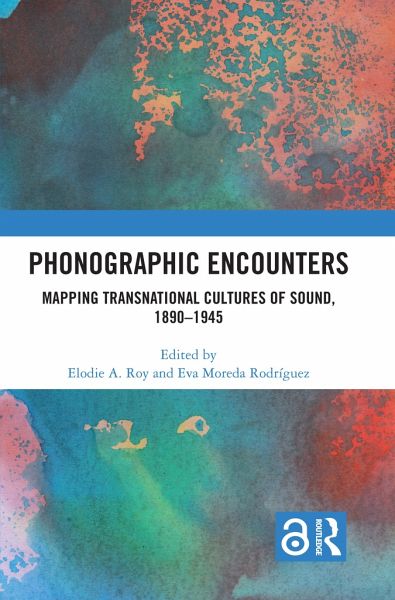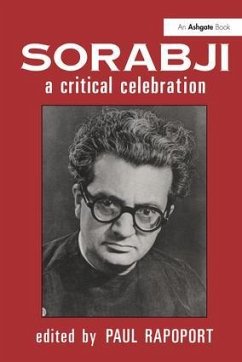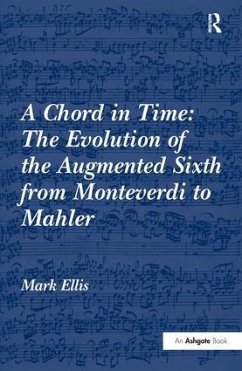
Phonographic Encounters
Mapping Transnational Cultures of Sound, 1890-1945
Herausgeber: Roy, Elodie A.; Moreda Rodriguez, Eva
Versandkostenfrei!
Versandfertig in 1-2 Wochen
168,99 €
inkl. MwSt.

PAYBACK Punkte
84 °P sammeln!
This cross-disciplinary volume illuminates the history of early phonography from a transnational perspective, recovering the myriad sites, knowledge practices, identities and discourses which dynamically shaped early recording cultures. With case studies from China, Australia, the United States, Latin America, Russia, Sweden, Germany, Spain, Portugal, France, and Italy, Phonographic Encounters explores moments of interaction and encounter, as well as tensions, between local and global understandings of recording technologies. Drawing on an array of archival sources often previously unavailable...
This cross-disciplinary volume illuminates the history of early phonography from a transnational perspective, recovering the myriad sites, knowledge practices, identities and discourses which dynamically shaped early recording cultures. With case studies from China, Australia, the United States, Latin America, Russia, Sweden, Germany, Spain, Portugal, France, and Italy, Phonographic Encounters explores moments of interaction and encounter, as well as tensions, between local and global understandings of recording technologies. Drawing on an array of archival sources often previously unavailable in English, it moves beyond western-centric narratives of early phonography and beyond the strict confines of the recording industry. Contributions from media history, musicology, popular music studies, cultural studies, area studies and the history of science and technology make this book a key and innovative resource for understanding early phonography against the backdrop of colonial and global power relations.














